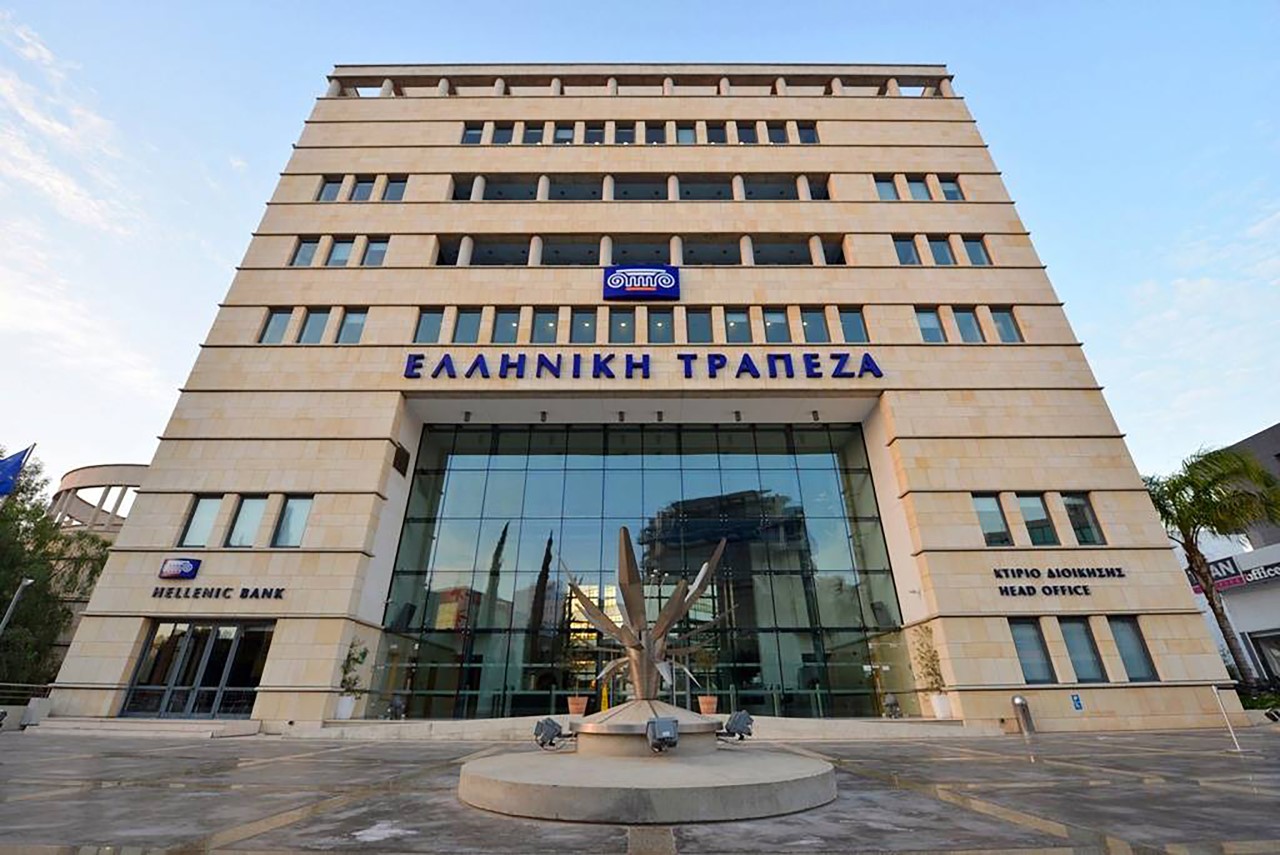Shaping the Future of Tourism in Cyprus and Greece
At the annual tourism conference hosted by the Association of Cyprus Tourist Enterprises (Stek) in Nicosia, Deputy Minister of Tourism Kostas Koumis emphasized the importance of sustainable tourism, which “respects both its visitors and its own resources, both natural and human.” The event, themed ‘Tourism: New Realities Demand a More Competitive Model,’ brought to light the sector’s contribution to Cyprus’s GDP, a notable 12.8 percent this year.
Koumis acknowledged the increased recognition of tourism’s value at the pan-European level post-2000 and particularly during the pandemic. He underscored the emergence of discussions on creating a common tourism portfolio to tackle challenges faced by destinations, an initiative supported by major companies.
The deputy minister also addressed the issue of reduced air connectivity during winter, a challenge that needs mitigation. He highlighted climate change as a significant threat that could deter visitors in favor of destinations with milder climates. In response to the seasonality problem prevalent in Southern European tourism, Koumis revealed that Cyprus has raised the matter at the European level, proposing initiatives supported by EU funds to encourage travel during off-peak months.
Furthermore, Koumis pointed out efforts to enhance vocational training schemes and improve air connectivity, especially during winter. He mentioned sports tourism and targeting Middle Eastern markets due to geographic proximity as potential growth areas. The minister also noted the push for digital transformation within the industry, driven by visitor feedback on online platforms regarding technology in tourist accommodations.
Adding to the conversation, Myron Flouris from the Greek Ministry of Tourism urged stakeholders in Cyprus to invest in planning and prevention for enhanced resilience against natural disasters. Alexandros Thanos from the Greek Tourism Confederation (SETE) emphasized the private sector’s role in providing data-driven recommendations to shape future strategies. He also highlighted Greece’s reliance on tourism, which contributes about 25 percent to its GDP, and called for new economic incentives for sectors like film production and conference tourism.
Stek president Akis Vavlitis pointed out the strong influence of seasonality on Cypriot tourism, affecting employment and investment during winter months. He called for strategic planning involving all stakeholders and expedited procedures for worker arrivals from third countries to meet staffing needs.
The conference also featured discussions on green transition and sustainability in tourism, addressing climate change risks and the cost of transitioning to a green economy for businesses. New trends and challenges in hospitality were presented, with a consensus on the need for tourism businesses to focus on human factors and provide authentic experiences in unique destinations.






